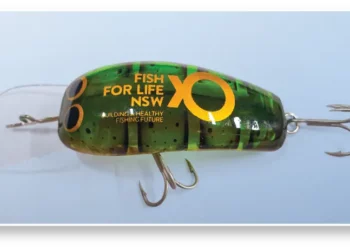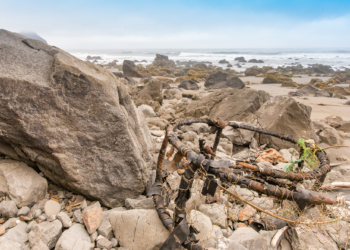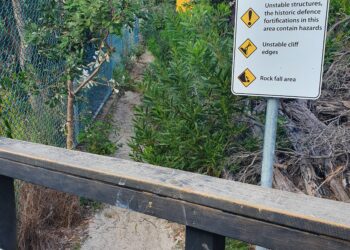
ENVIRONMENT minister Josh Frydenberg this week released the results of the Federal Government’s independent Commonwealth Marine Reserves Review.
The Coalition Government commissioned the review following community concerns over a lack of consultation regarding Labor’s initial plan in 2012.
The review consists of the findings of two separate expert panels who consulted with local communities, Indigenous groups, scientists and both rec and commercial fishermen, with a total of 13,000 public submissions received.
The Australian Recreational Fishing Foundation (ARFF) has expressed its disappointment with the outcomes of the Review.
Managing director of the ARFF Allan Hansard said after a three year wait Australia’s recreational fishers will be very disappointed with the independent review.
“The Review has not tackled the big issues about how to build a marine reserve network to minimise key threats, such as climate change, run off and pollution to our unique marine environment,” Hansard said.
“Rather, the Review seems to have been preoccupied with an ideological objective to lock Australia’s recreational fishers out of vast areas of our oceans without any peer-reviewed science backing the decision,” he said.
Hansard said the Review adopted the same unscientific approach to its management zoning that was used by the previous Labor/Greens Government when it planned to lock recreational fishes out of over 1.3 million square kilometres of ocean.
“This ‘take-no take’ approach may be suitable for some developing countries or countries with poor governance, however, it does not fit the Australian situation, where we have world leading conservation and fisheries management and can carefully regulate recreational activities such as recreational fishing that occur within management zones,” Hansard said.
The ARFF has also labelled the review an international embarrassment in comparison to the Papahānaumokuākea Marine National Monument in Hawaii. President Obama declared the largest marine protected area in the world last week which protects some of the most complex and unique marine features in the world and yet still allows rec fishing.
Conservation groups have also expressed their disappointment at what they see as an erosion of vital protection in favour of commercial interests.
“The Coral Sea is the cradle of the Great Barrier Reef, and one of the last places on Earth where healthy populations of ocean giants like sharks, tuna and marlin remain,” said Australian Marine Conservation Society (AMCS) Marine Parks Campaign Manager, Fiona Maxwell.
“It’s not only our unique marine life but our coastal communities, recreational fishers, and the valuable dive tourism sector who are the big losers in the Abbott Review report,” Maxwell said.
The Commonwealth Marine Reserves Review will be available for public consultation with the Government hoping to have a plan finalised by mid-2017.
















